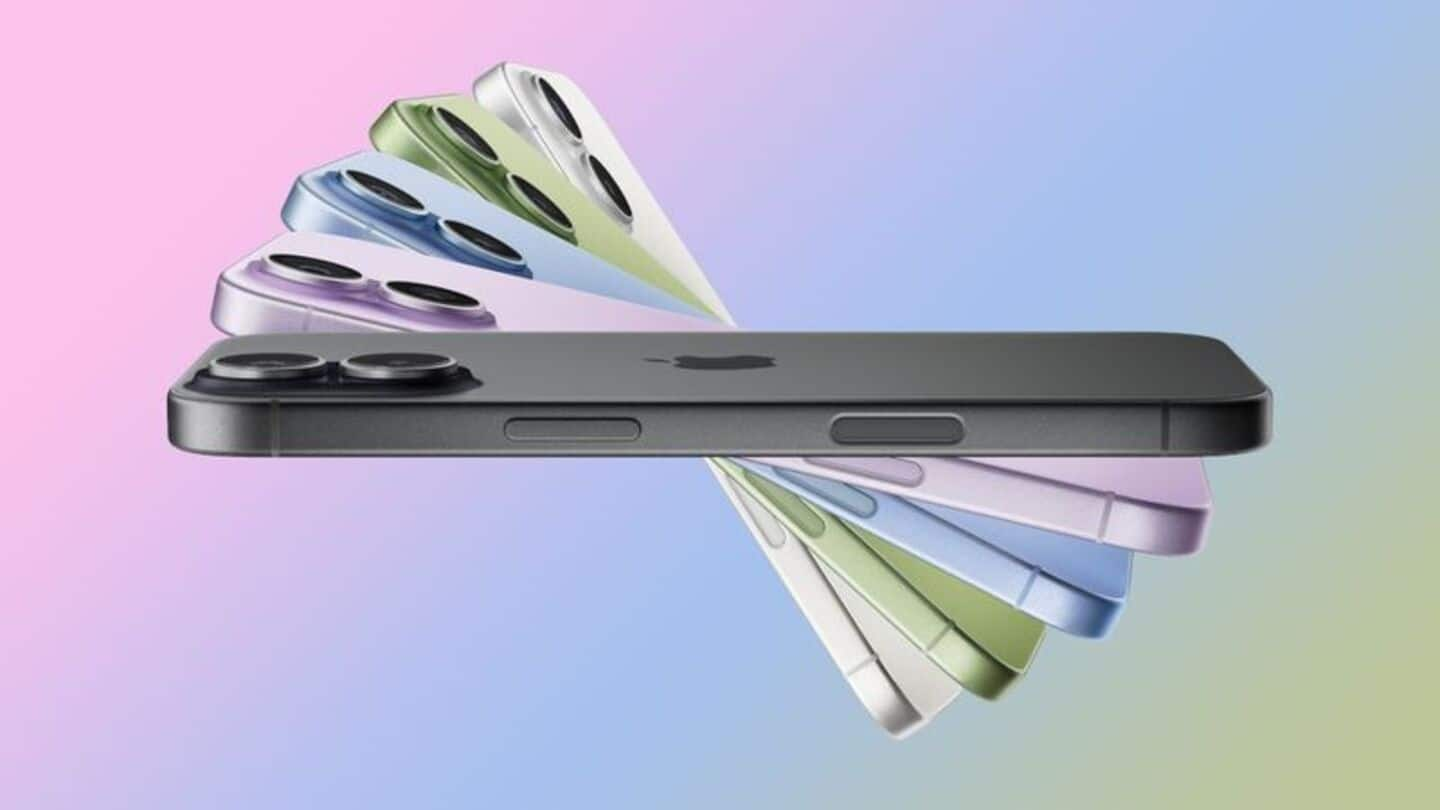
Attention! Fake websites, bogus lotteries are targeting iPhone 17 buyers
What's the story
As Apple opened pre-orders for the new iPhone 17, cybersecurity firm Kaspersky has warned of a spike in online scams targeting potential buyers. Fraudsters are using the hype around the device to run scams such as fake websites, bogus lotteries, and phony "tester" programs. These tactics are aimed at stealing personal and financial information from unsuspecting users.
Scam tactics
Fake websites are luring users to share card details
One of the most common scams involves fake websites mimicking Apple's official store. These sites entice users with early pre-order options for iPhone 17, often claiming that the device will sell out quickly. When users attempt to "purchase" the phone, they are asked to enter their bank card details which are then stolen by scammers.
New scams
A look at fake lotteries and 'tester' programs
Scammers are also running some fake lotteries promising free iPhones as prizes. To enter, users have to fill out surveys, provide personal information such as email addresses and phone numbers, and sometimes even pay a delivery/service fee. Meanwhile, phony "tester" programs invite tech enthusiasts to test the iPhone 17 early but require them to provide contact details, shipping addresses, and payment for delivery.
Safety tips
Verify before you buy, says Kaspersky expert
Tatyana Shcherbakova, a Web Content Analyst at Kaspersky, warned that cybercriminals exploit the excitement of major product launches to breach data. She advised users to prioritize verification over impulse buying. To stay safe from these scams, Kaspersky recommends buying only from official sources like Apple's website or authorized retailers and carriers.
Measures
Scammers will continue to exploit the hype
Kaspersky also advises users to enable multi-factor authentication (MFA) for their Apple ID and financial apps. Regularly reviewing account statements for unauthorized activity is also recommended. The firm warns that given the global attention on Apple product launches, scammers will continue to exploit the hype around these events.